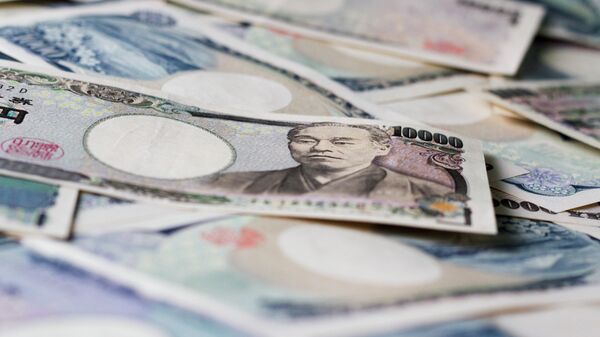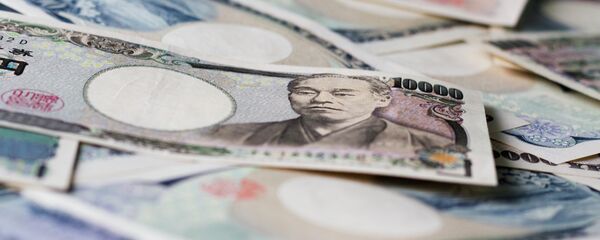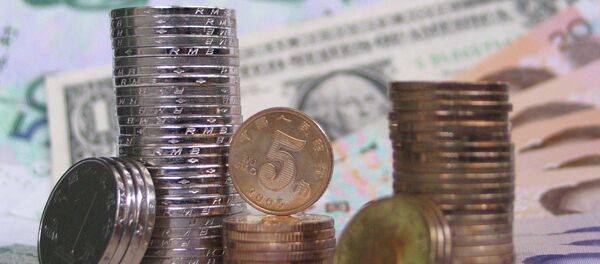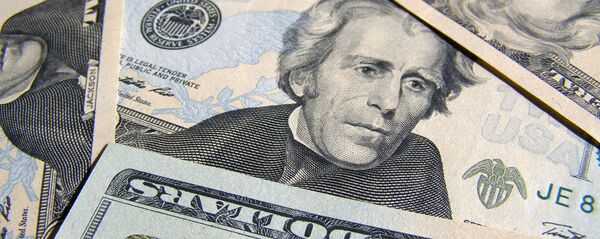Kristian Rouz — The Japanese yen, enjoying a status as one of these global reserve currencies and being one of the world's few safe haven assets, has risen in the recent weeks amidst the turmoil in financial markets and declines in shares value, exacerbated by Brexit concerns and political tensions on an international scale.
Heavily reliant on exports, the economy of Japan needs, however, a weaker national currency in order to ensure the competitiveness of its trade of manufactured goods in overseas markets, meaning the negative consequences for the already slowly-growing economy might not take long to reveal themselves.
Japan's Economy Minister Nobuteru Ishihara noted on Thursday the influx of investment money into the yen might affect growth prospects for the broader economy in a negative way, generally supporting the markets' view of Japan's exports becoming less competitive in a stronger yen environment. A prolonged period of investors piling money into the Japanese currency might create significant risks to the nation's performance in international trade, and Ishihara said the G20 should consider taking steps to curb the turbulence in international financial markets.
Meanwhile, a new round of anxiety might have started in mainland China, where stocks slumped an average 6% during Thursday's trading, further boosting investors' appetite for safety, and the yen.
"Depending on the outcome of the G-20, by Monday the outlook for dollar-yen could completely change," Naohiro Nomoto of the New York-based Bank of Tokyo-Mitsubishi UFJ Ltd. said. "If nothing comes out of the G-20, dollar-yen may drop again."
Meanwhile, oil-importing Japan has long been battling with persistent disinflation (since at least 1990), and the slump in oil prices leveraged an additional deflationary pressure on the Japanese economy in early 2015. Now the situation is getting worse: a stronger yen means even cheaper fuels and lowers overall prices, pushing Japan back into its disinflationary trap and impairing growth prospects.
The G20 finance ministers' meeting starts Friday in Shanghai and both Zhu Guangyao, FM for mainland China, and the US Secretary of the Treasury Jack Lew have voiced their commitment to take joint efforts aimed at boosting global economic growth and calming financial markets.
Yet, the G20 finance ministers can hardly handle the complicated combination of major political risks dominating investors' sentiment across the world.
During the G20 meeting, Japan, facing a decline in exports, is expected to propose putting an end to the ongoing war of currency devaluations. Yet, as commodity-based economies are stripped of cash, while industrialized nations like mainland China are suffering from factory-gate disinflation, the struggle for competitiveness through devaluations is likely to continue.
And the yen will rise further.




